- Your cart is empty
- Continue Shopping
Ivabid OD 10mg Tablet
₹465.82
Uses of Ivabid Od 10 Tablet PR
- Angina (heart-related chest pain)
- Heart failure
Introduction of Ivabid OD 10mg Tablet
Ivabid OD 10mg Tablet is a medicine used for the treatment of angina (heart-related chest pain) and chronic (long-term) heart failure. It makes the heart work more efficiently by lowering the heart rate. This relieves chest pain and decreases the risk of hospitalization in heart failure patients.The dose will depend on what you are being treated for. Since the treatment for angina or heart failure is usually life-long, you should not stop using it without talking to your doctor. It should be taken with food at the same time each day. If you take too much in one go, your heart could slow down too much and make you feel breathless or tired. If this happens, call a doctor.
The most common side effects are temporary brightness in your vision, slow heart rate, high blood pressure, atrial fibrilation, dizziness, blurred vision, and ECG changes. Some side effects such as fainting and significant changes to your heartbeat may be very serious and may need urgent medical attention.
Do not use Ivabid OD 10 Tablet if you have severe liver disease, have a low resting heart rate, or a heart rhythm disorder. This medicine is also not suitable if you have very low blood pressure and heart failure that has recently become worse.
Side effects of Ivabid Tablet PR
Common side effects of Ivabid
- Slow heart rate
- Luminous phenomena (Enhanced brightness)
- High blood pressure
- Atrial fibrillation
- Dizziness
- Blurred vision
- ECG changes
How to use Ivabid Tablet PR
How Ivabid Tablet PR works
Safety advice
Alcohol
Pregnancy
Breast feeding
Driving
Ivabid OD 10 Tablet may cause transient luminous phenomena consisting mainly of phosphenes. The possible occurrence of such luminous phenomena should be taken into account especially when driving at night.
Kidney
Limited information is available for use of Ivabid OD 10 Tablet in patients with severe kidney disease.
Liver

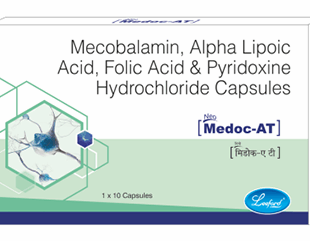




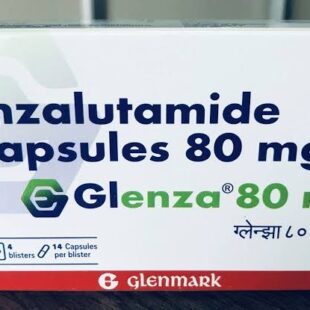
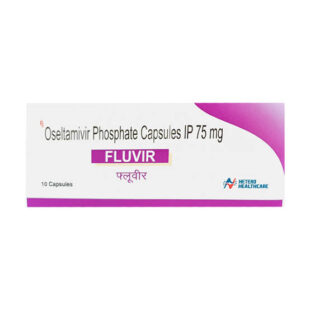
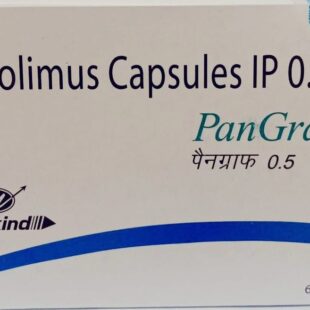
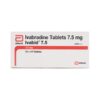
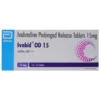
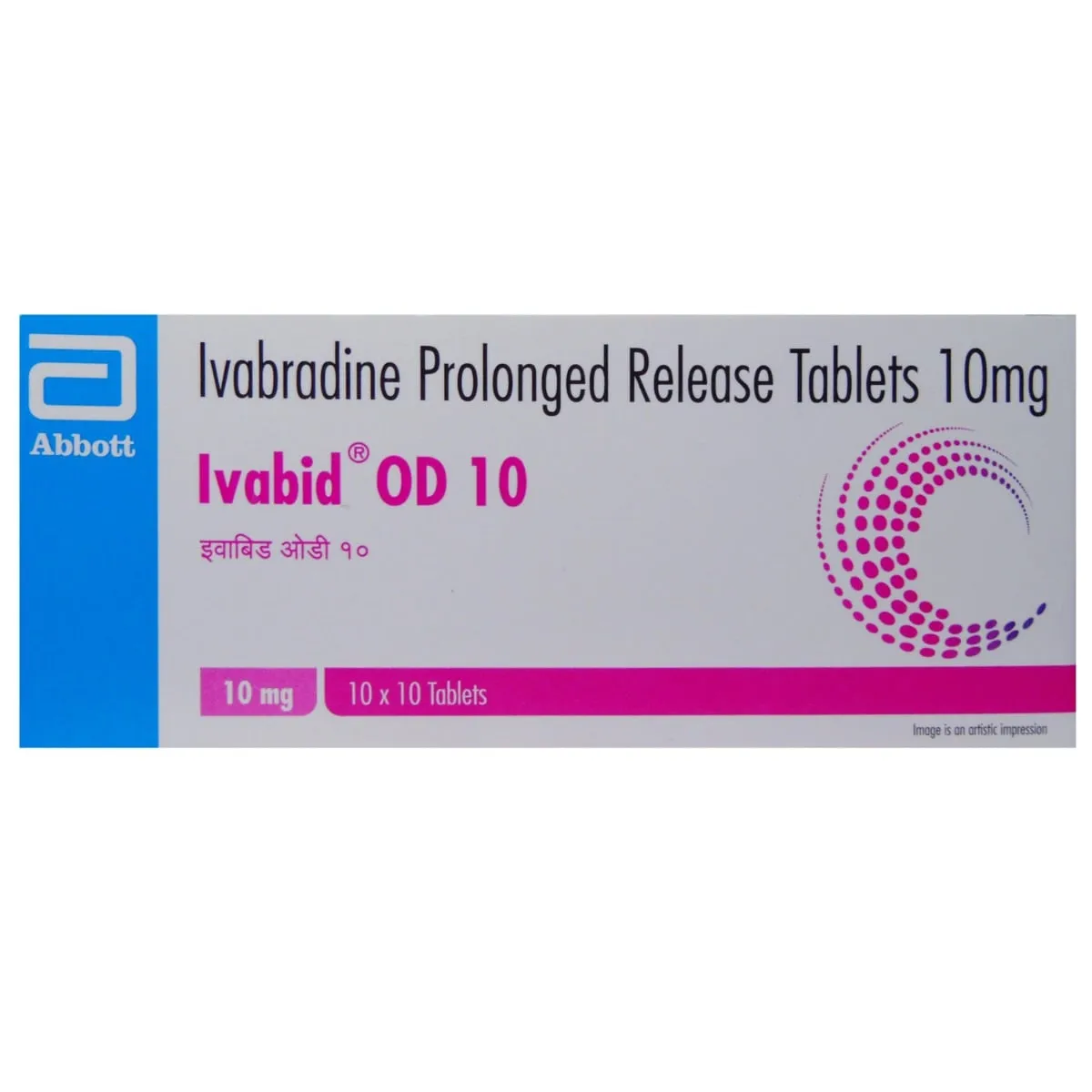




Reviews
There are no reviews yet.